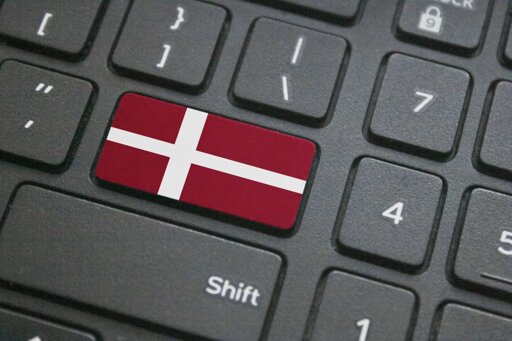- cross-posted to:
- linux@lemmy.world
- linux@programming.dev
- cross-posted to:
- linux@lemmy.world
- linux@programming.dev
Full text due to weird cookies banner
The Danish Ministry of Digitization is to completely abandon Microsoft in the coming months and use Linux instead of Windows and switch from Office 365 to LibreOffice. Minister Caroline Stage (Moderaterne) announced this in an interview with the daily newspaper Politiken. It comes just a few days after the country’s two largest municipalities initiated similar steps. This summer, half of the ministry’s employees will be equipped with Linux and LibreOffice. If everything goes as expected, the entire ministry will be free of Microsoft by the fall, Politiken summarizes.
The Ministry of Digitalization’s move away from Microsoft is therefore taking place against the backdrop of a new digitalization strategy in which the Kingdom’s "digital sovereignty " is given priority. According to newspaper reports, the opposition is also calling for a reduction in dependence on US tech companies. Just a few days ago, the administration of the capital Copenhagen announced its intention to review the use of Microsoft software. The second-largest municipality, Aarhus, has already started to replace Microsoft services. Stage has now told Politiken that they should cooperate and that it is not a race. All municipalities should work together and strengthen open source.
When asked how her ministry would react if the changeover was not so easy, Stage replied that they would then simply return to the old system for a transitional period and seek other options: “We won’t get any closer to the goal if we don’t start.” So far, she has only heard from employees who welcome the move. But in her ministry, which is mainly concerned with digitalization, she expects a lot of interest anyway. She also assured them that the initiative is not about Microsoft alone, as they are generally far too dependent on a few providers.
As background to the move, the article also refers to the events at the International Criminal Court, where an email account operated by Microsoft was disconnected. This caused an uproar across Europe. In Denmark, there is also the fact that the new US President Donald Trump has been announcing for weeks that his country wants to take over Greenland. The island in the North Atlantic is a self-governing part of Denmark, and the outrage at Trump’s proposal is huge. The desire to reduce dependence on US companies is therefore evidently even greater there than in the rest of Europe.



Again.
Every few years we hear a nations gov say this. Them m$ makes a deal to good to be true. And it all resets.
It’s basically become an accounting trick for national govs.
This time its politics and not economics. Its not because Microsoft is getting too expensive. Its because Denmark wants to break free from big tech and dependency or other (big) countries
Microsoft will offer to build a big data warehouse there then.
For m$ it is very much about not having a big gov org successfully moved over. As then corps may consider it.
So fucked that microsoft has the excess funds to do something like that.
I guess all the prices they were charging for their products weren’t necessary after all.
Seems like it’s proof of the opposite. They charge those prices so that they can do something like this.
We already have more Datacenters than we should have considering the size of our country Including Microsoft.
They like to settle here, because they can get cheap renewable energy, which they then use as part of their
advertisingpropaganda to claim they are working for a greener environment, when in reality it’s Denmark that has made the investments in the infrastructure for it since the 70’s to make it possible.In the EU and its countries the agencies can’t just send their data anymore to microsofts servers. They train is rolling.
True enough but we’re pretty serious about this shit in DK.
I’ll give them a call to make sure.
This is very true, but this time it’s not just Denmark, it many countries in Europe, and it’s also EU itself.
We are just among the first to have decided to begin implementing it.
I wonder how a corporate product deal would ever be cheaper than FOSS software. Bundled apps perhaps? And maybe central management? And maybe centralized or cloud-based storage and content management?
Tech support. Knowing you have available staff who understand how to fix issues. And will take responsibility
These are always the questions that sell commercial software over os to big corporations.
Anyone who has ever worked in a big corp recognises the arguments even if they disagree.